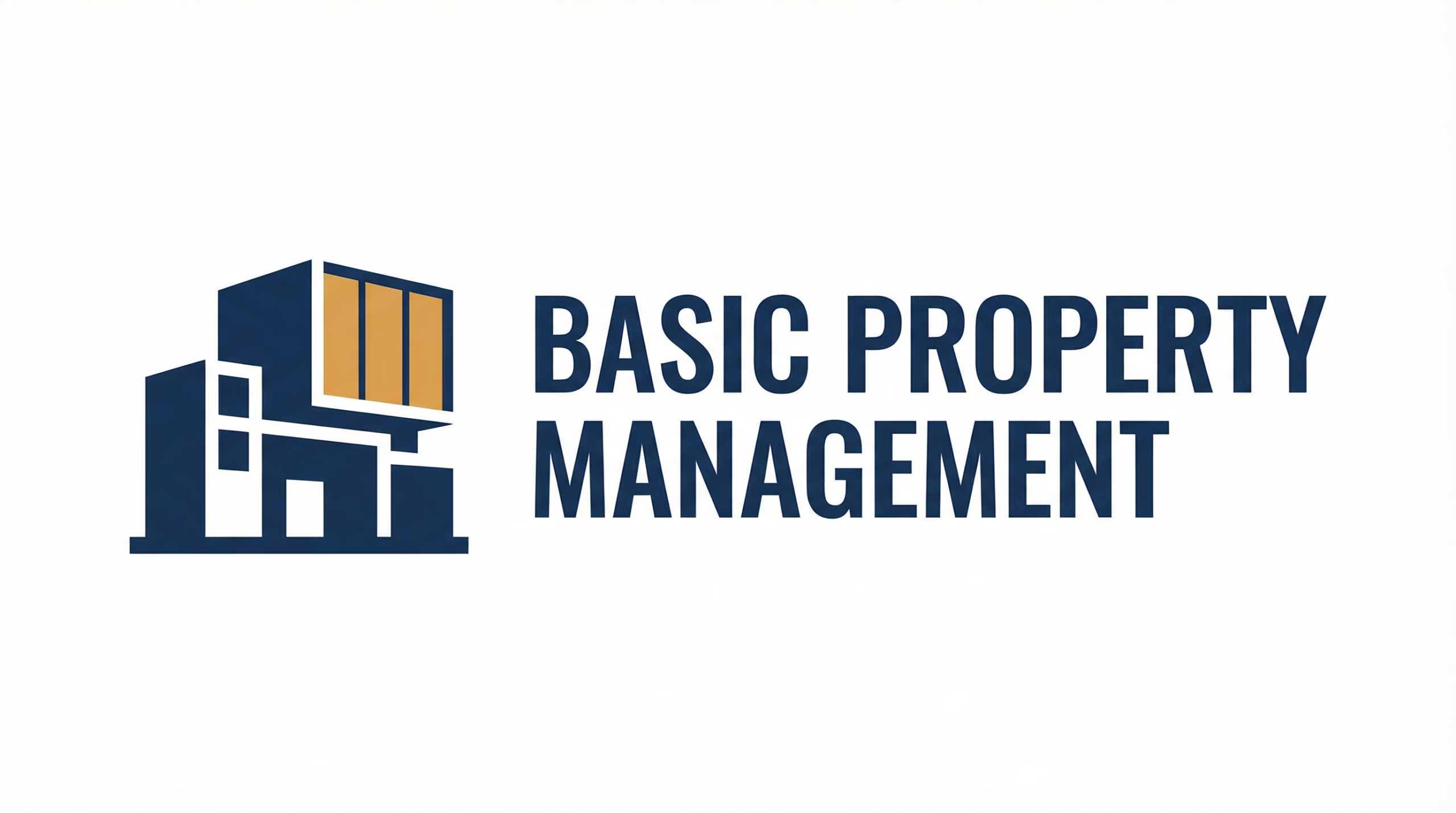Why Savvy Investors Are Targeting Real Estate Auction Listings

Real estate auctions present a unique opportunity for investors seeking valuable properties at competitive prices. Foreclosure and bank-owned properties often sell for less than market value, creating potential for significant returns. Savvy investors who understand the real estate auction listings process can acquire profitable investment properties while minimizing competition from traditional buyers.
The digital transformation of real estate auctions has made it easier than ever to find and bid on properties. Through online auction platforms, you can browse thousands of exclusive listings, including fixer-uppers and luxury properties at attractive price points. These platforms provide detailed property information, photos, and bidding histories to help inform your investment decisions.
Government agencies like the GSA regularly sell surplus federal properties through competitive auctions, expanding the range of available investment opportunities. This diverse selection includes commercial buildings, residential properties, and land across all 50 states.
Key Takeaways
- Online auction platforms provide exclusive access to below-market properties and streamlined bidding processes
- Digital tools and detailed property information help investors make more informed purchasing decisions
- Multiple auction sources, including banks, government agencies, and private sellers, create diverse investment opportunities
Understanding Real Estate Auctions
Real estate auctions provide a competitive marketplace where properties are sold to the highest bidder through a structured bidding process with specific rules and timelines.
Types of Real Estate Auctions
Foreclosure auctions occur when banks sell properties due to defaulted loans or unpaid taxes. These often present opportunities to acquire properties below market value.
Private sellers and developers may conduct voluntary auctions to sell properties quickly. These auctions typically offer better-maintained properties with clear titles.
Government auctions involve seized properties, tax-defaulted real estate, and surplus public assets. These auctions frequently have strict qualification requirements and specific bidding procedures.
Benefits of Buying at Auction
Real estate auctions offer accelerated sales with transparent pricing. You can often acquire properties at competitive prices due to motivated sellers.
The bidding process eliminates lengthy negotiations. You’ll know exactly what others are willing to pay, helping you make informed decisions.
Properties at auction may require less competition than traditional listings. Many investors avoid auctions due to cash requirements or unfamiliarity with the process.
Role of Auction Companies
Professional auctioneers manage the entire auction process, from marketing properties to conducting due diligence.
Auction companies provide detailed property information packets, including:
- Title reports
- Property condition assessments
- Environmental studies
- Market analysis
These firms establish bidding rules, verify buyer qualifications, and ensure proper documentation of sales. They also coordinate property inspections and handle earnest money deposits.
Preparing for a Real Estate Auction
Success at real estate auctions requires thorough preparation, adequate funding, and a clear understanding of auction mechanics. Strategic planning maximizes your chances of acquiring profitable investment properties at competitive prices.
Researching Properties
Property inspections before auction day are crucial. Schedule viewings during open house periods to assess the property’s condition and potential repair costs.
Request property documents like title reports and tax assessments from the auction company. These reveal liens, encumbrances, or other issues that could affect your investment.
Check local market values by analyzing comparable sales data. This helps determine your maximum bid price while maintaining profit potential.
Create a spreadsheet to track:
- Property address and details
- Estimated repairs needed
- Recent comparable sales
- Maximum bid amount
- Expected ROI calculations
- Tax segregation opportunities
Financing and Budgeting
Secure funding before bidding. Most auctions require payment within 24-48 hours of winning.
Common funding options:
- Cash reserves
- Hard money loans
- Private lenders
- Business lines of credit
Factor these costs into your budget:
- Down payment requirements
- Auction buyer’s premium (typically 5-10%)
- Closing costs
- Immediate repairs
- Holding costs
Understanding the Bidding Process
Set clear investment goals and stick to your maximum bid limit. Emotional bidding often leads to overpaying.
Study the auction terms carefully. Pay attention to:
- Registration requirements
- Deposit amounts
- Payment deadlines
- Property transfer timeline
- Default penalties
Learn auction signals and terminology. Professional auctioneers use specific gestures and phrases to indicate bid acceptance.
Navigating Online Auction Platforms
Create accounts on major auction platforms early. Complete identity verification and deposit requirements before auction day.
Test your internet connection and device compatibility. Have backup devices ready in case of technical issues.
Use platform tools to:
- Set automated bid limits
- Track multiple properties
- Review property documents
- Access bidding history
- Monitor real-time activity
Practice using the bidding interface before participating in live auctions. Many platforms offer demo versions for training.
Frequently Asked Questions
Navigating real estate auctions requires understanding specific requirements, timelines, and processes for different property types across various jurisdictions. Getting access to auction listings and calendars helps investors identify promising opportunities.
How can I find upcoming real estate auctions in my area?
Real estate auction listings are available through multiple channels including online platforms, local newspapers, and county records offices.
Sign up for email notifications from major auction platforms to receive alerts about properties matching your criteria.
Contact local real estate agents who specialize in auction properties, as they often have early access to upcoming listings.
What are the necessary steps to participate in a $1 house auction?
Register as a qualified bidder by providing proof of funds and meeting minimum deposit requirements before the auction date.
Review all available property documentation, including title reports and inspection records.
Secure financing ahead of time since most auctions require payment within 24-48 hours of winning the bid.
Where can I find listings for abandoned properties up for auction?
Search county tax assessor websites for properties with delinquent taxes that may be heading to auction.
Check municipal government websites for lists of vacant and abandoned properties scheduled for public sale.
Contact local real estate investment groups who often share information about upcoming abandoned property auctions.
What is the process for purchasing seized properties at auction in Florida?
Research the property’s title history and complete due diligence before bidding.
Obtain a bidder number from the county clerk’s office and bring certified funds to the auction.
Be prepared for competitive bidding, as seized properties often attract multiple investors.
How do I access the foreclosure auction calendar for Broward County?
Visit the Broward County Clerk of Courts website to view upcoming foreclosure sales.
Register for an online bidding account through the county’s approved auction platform.
Set up automated alerts for new auction listings that match your investment criteria.
Are there specific requirements to buy government seized properties at auction?
Submit registration documents and proof of funds before the specified deadline.
Comply with federal or state-specific identification requirements and background checks.
Meet minimum deposit thresholds, which typically range from 5-20% of the expected purchase price.
Want to know if that deal is actually worth pursuing?
Stop relying on outdated spreadsheets – analyze your next real estate deal like a pro with DealCheck.
Enter the code BESTDEAL at check out and receive a 20% Off Discount!
Start your free analysis today!

Are you a contrarian investor with the foresight to spot opportunities where others see only chaos?
Rental Property Management in a Market Crash is your essential guide to navigating turbulent economic waters. Learn how to capitalize on market downturns that inevitably occur, drawing parallels between the Global Financial Crisis of 2007-09 and current market conditions.
This book offers invaluable insights into the dynamics of the housing market during a downturn, equipping you with the knowledge to make informed decisions and build a resilient investment portfolio.
Don’t just weather the storm – learn to thrive in it. Get your copy now from your favorite bookseller:
- Amazon as an ebook
- Books2Read for Apple, Barnes & Noble, Kobo, Scribed, and 8 more sellers with both eBook and paperback options available
- Payhip as a downloadable PDF
Ready to take your business to the next level?
- Subscribe to our newsletter
- Visit the learning center
- Learn more about our consulting services
This blog post was created by J. Scott Digital content creation services.
